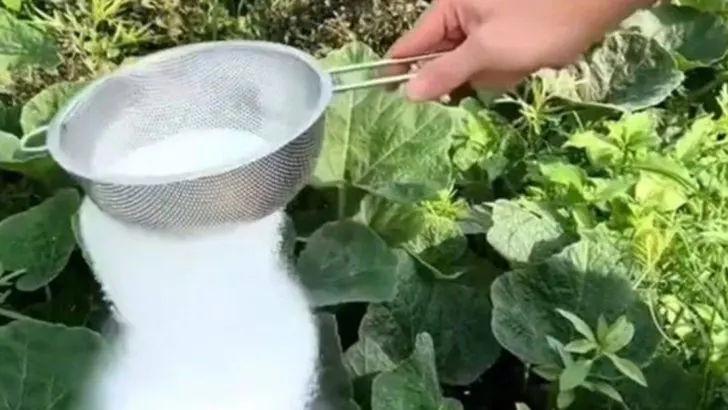Your garden may not speak, but it definitely has favorites — and some of them are hiding in plain sight. While we often reach for commercial products to boost plant health, you might be surprised to learn that many ordinary household items are actually garden gold. From the kitchen to the bathroom cabinet, your home is full of unexpected tools for healthier soil, stronger plants, and fewer pests.
Think aspirin, cinnamon, or even old sponges — simple things you’d never associate with gardening can play surprisingly powerful roles. Some improve drainage, others repel bugs, and a few even act as natural fertilizers or root boosters.
In this article, we’ll reveal 13 everyday items your garden secretly loves — and how to use them wisely. Once you see how effective (and budget-friendly) they are, you might never walk past your trash bin or pantry the same way again.
Coffee Grounds
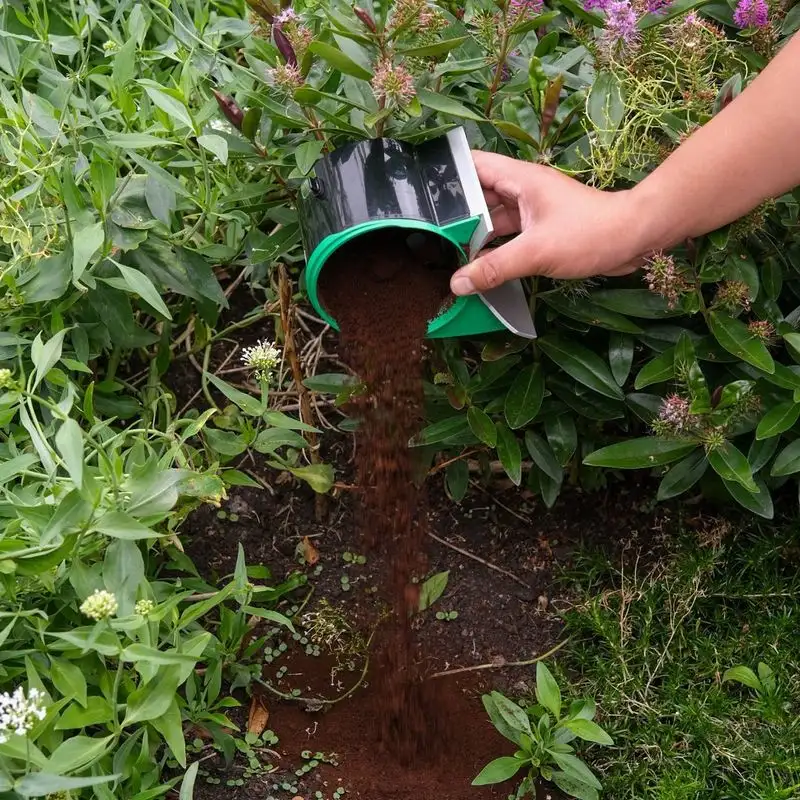
Did you know that the remnants of your morning brew can invigorate your garden soil? Coffee grounds are rich in nitrogen, a key nutrient for plant growth, making them a fantastic addition to your compost pile. Their texture helps improve soil structure, enhancing drainage and aeration. Simply sprinkle used grounds around your plants, and watch them thrive. Besides enriching the soil, coffee grounds can deter pests like slugs and snails. Their acidity can also benefit acid-loving plants like roses and blueberries. Consider this simple habit, and give your garden the caffeine boost it deserves!
Eggshells
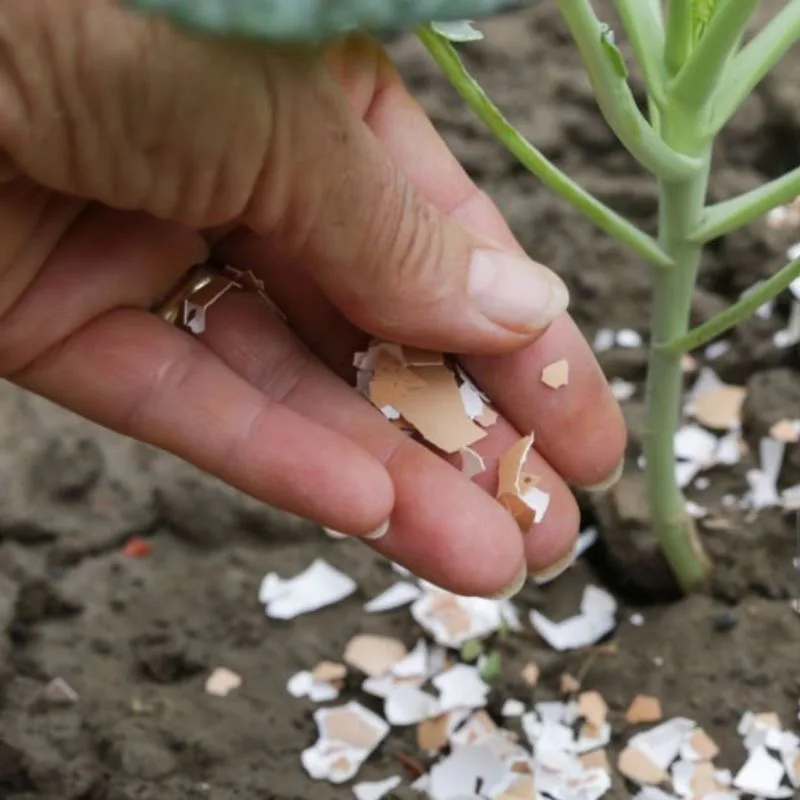
What if I told you that the humble eggshell could be your garden’s secret weapon? High in calcium, eggshells help strengthen plant cell walls, preventing blossom end rot in tomatoes and peppers. By crushing them finely, you can create a natural pest deterrent; the sharp edges are uncomfortable for crawling insects. Simply mix them into the soil or add them to your compost. Eggshells break down slowly, providing a long-lasting calcium source. With just a bit of effort, you’re recycling kitchen waste into a valuable garden ally. It’s an eco-friendly win-win!
Banana Peels
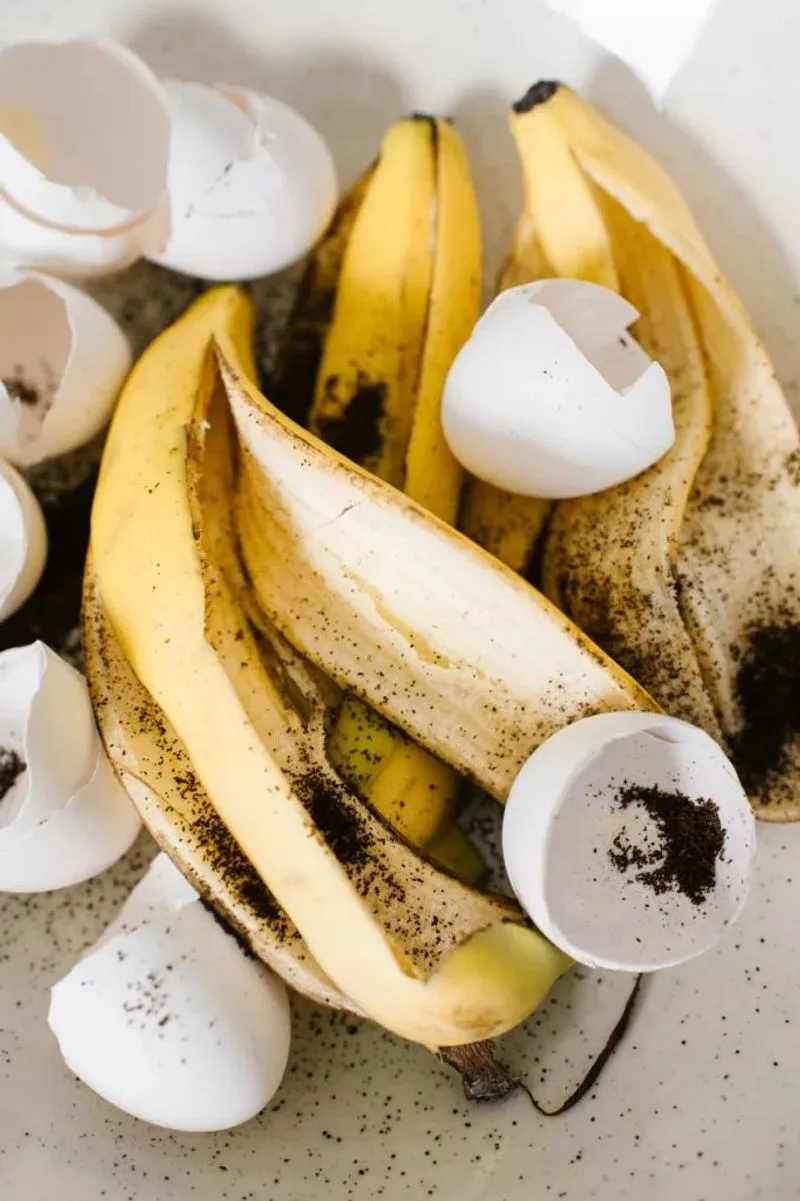
It’s a-peeling to know that banana peels are a potassium powerhouse, beneficial for fruiting and flowering plants. Rich in essential nutrients, they decompose quickly, releasing goodness into the soil. Chop the peels and bury them near the roots or add them to your compost. This simple act can enhance flowering and improves plant resistance to disease. As they break down, they also attract beneficial insects such as earthworms, which further enrich the soil. Who would have thought that such a simple kitchen waste could be a garden’s best friend?
Vinegar
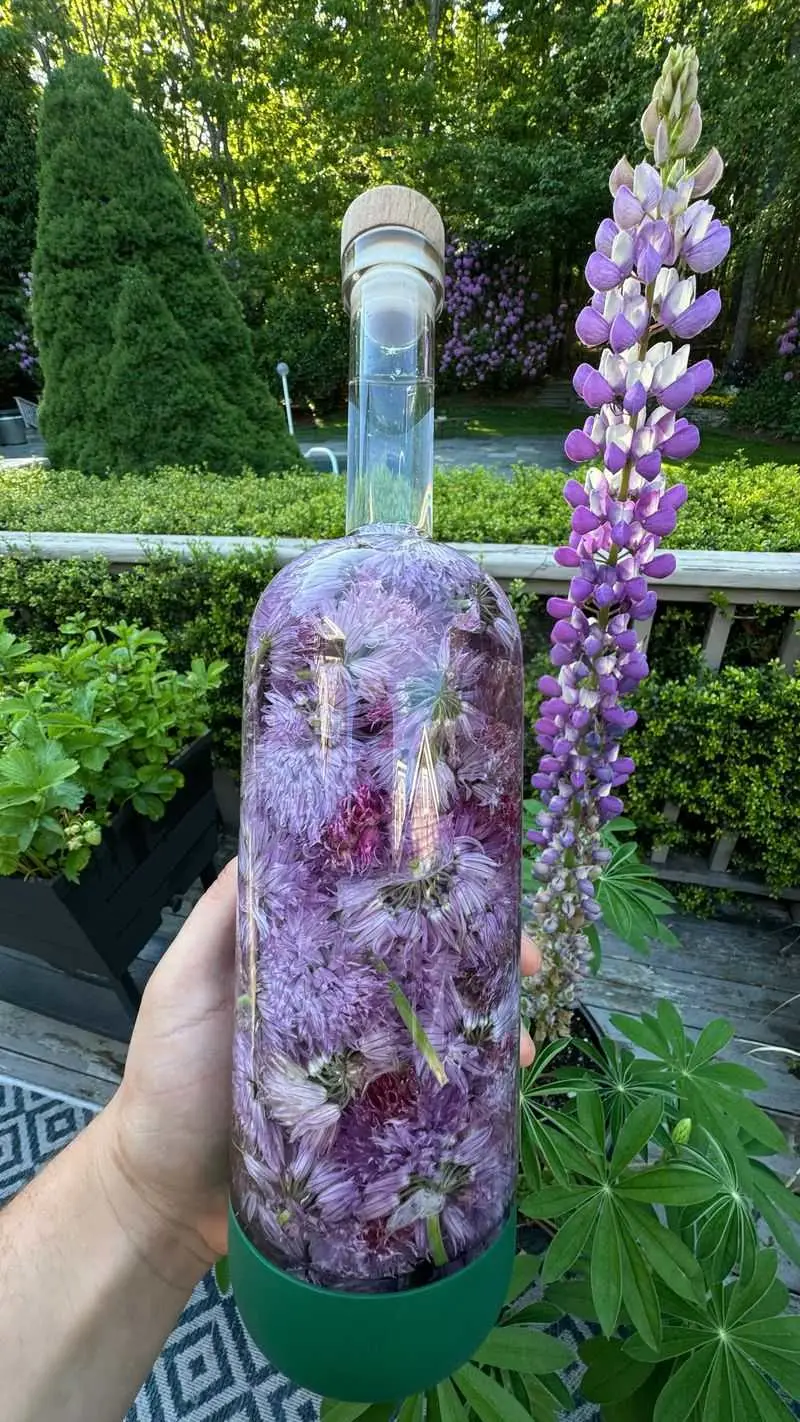
Not just a kitchen staple, vinegar is a versatile gardening tool. Its acidic nature makes it an excellent weed killer; simply spray undiluted vinegar onto unwanted growth. Be cautious around desired plants, as it can harm them as well. Additionally, vinegar can be used to clean garden tools, removing rust and disinfecting surfaces. An intriguing tip: use diluted vinegar to acidify soil for acid-loving plants. With various uses, vinegar transforms from a cooking ingredient to a valuable gardening assistant. Keep a spray bottle handy for quick garden fixes.
Baking Soda
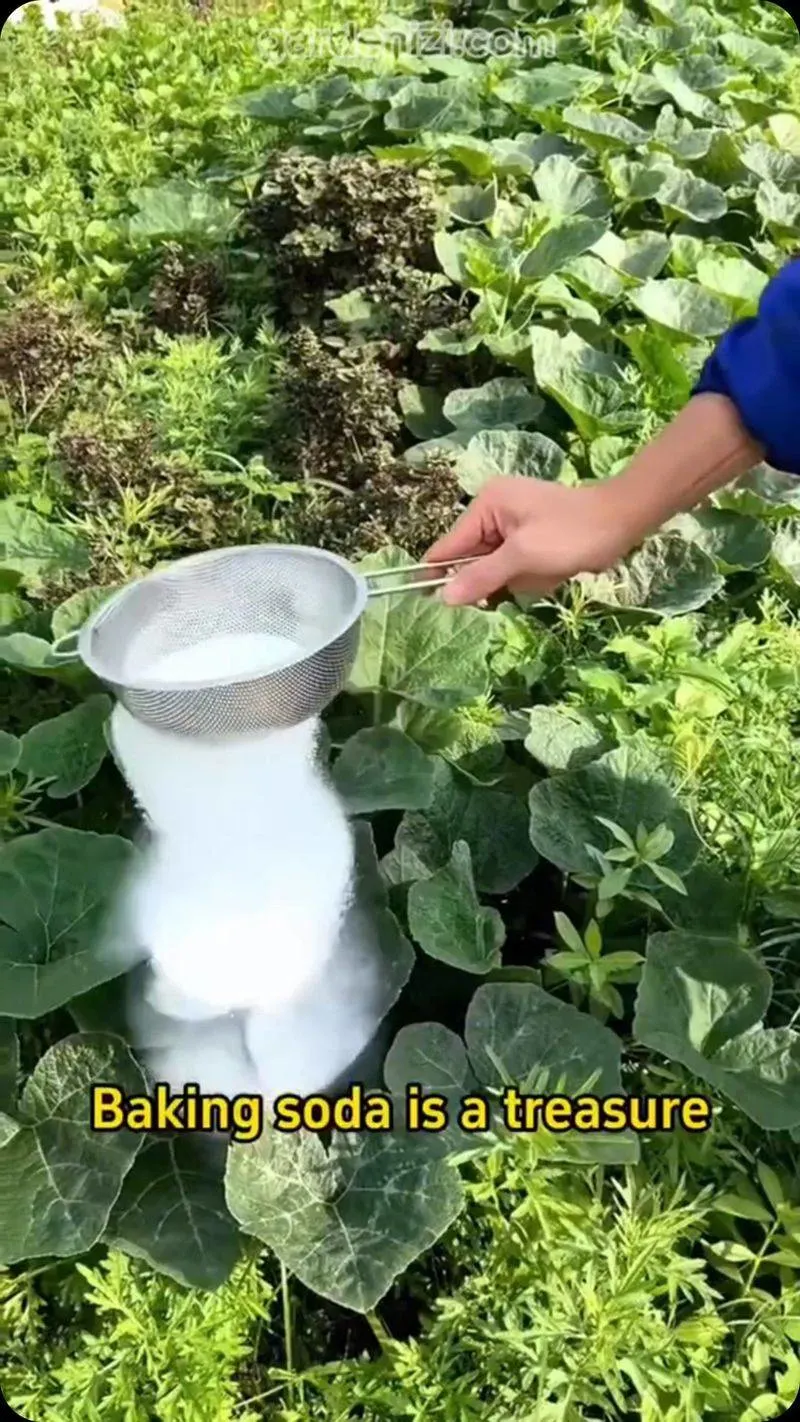
Ever thought baking soda could be more than a baking essential? In gardens, it’s a natural fungicide, combating powdery mildew and black spot on roses. Mix with water and spray on affected leaves to prevent fungal diseases. It also helps regulate soil pH, creating a less acidic environment. Even minor pest control is possible, as baking soda repels ants and other insects. Its gentle nature ensures it won’t harm your plants, making it a versatile addition to your gardening toolkit. Discover the surprising potential of this common household item!
Epsom Salt
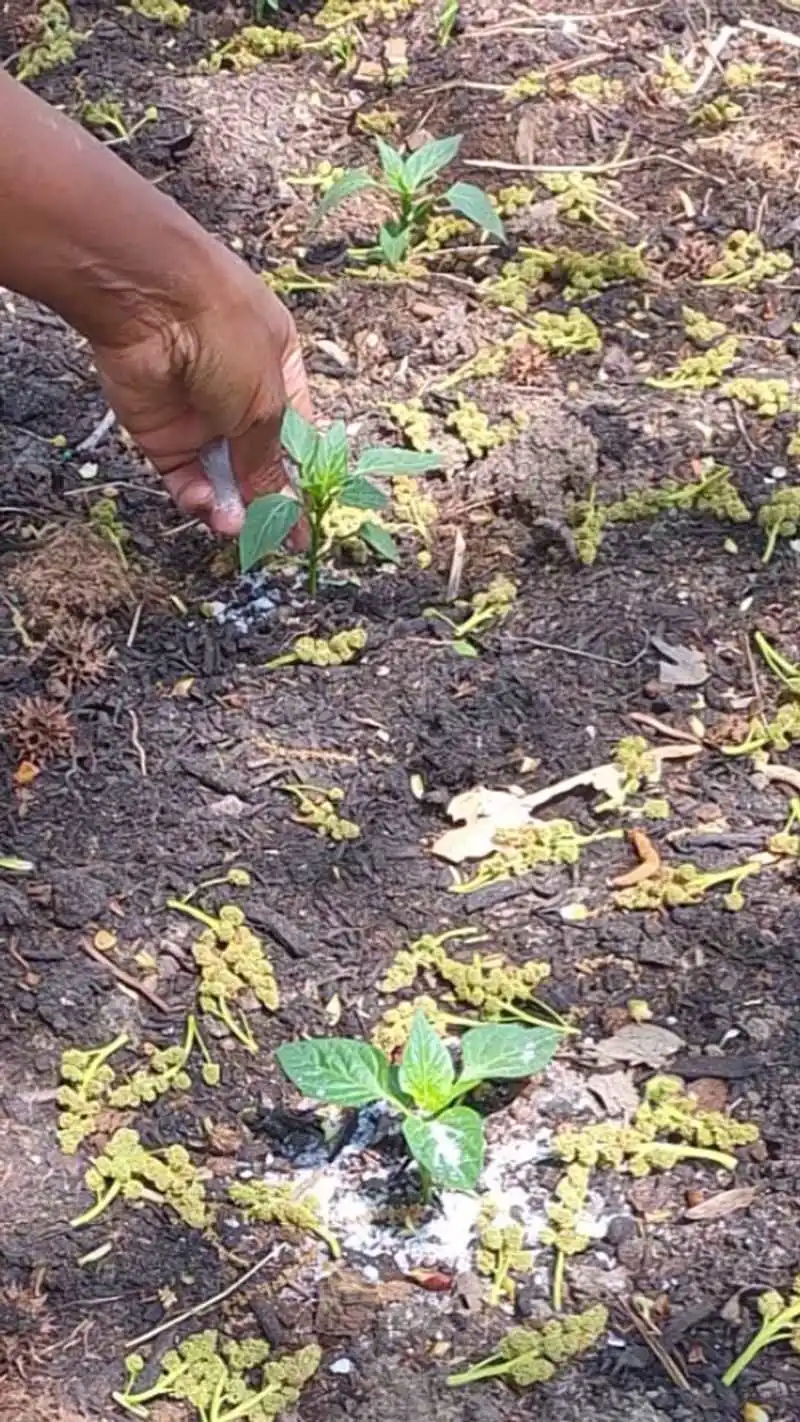
The secret to healthier, more vigorous plants might just be hiding in your bathroom cabinet. Epsom salt, rich in magnesium and sulfate, can enhance seed germination, nutrient uptake, and chlorophyll production. Dissolve it in water and apply as a foliar spray to promote lush foliage and increase fruit yield. This humble salt also helps deter pests and reduce transplant shock. Incorporating Epsom salt into your gardening routine can be a simple yet effective way to boost plant health. Who knew such a common item could make such an impact?
Newspaper
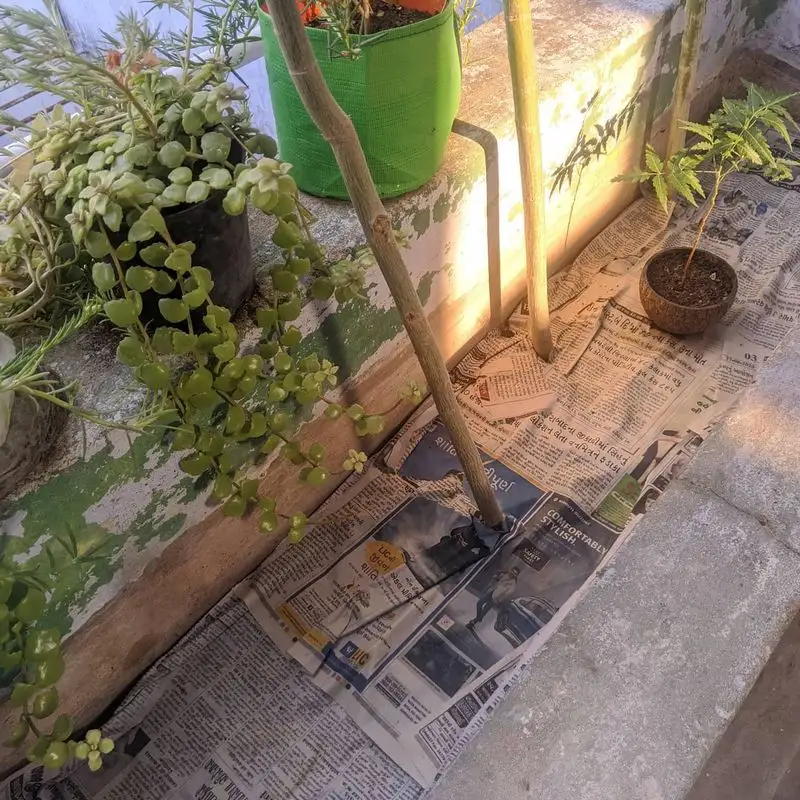
In our digital age, newspapers may seem outdated, yet they serve an unexpected role in the garden. As biodegradable mulch, they suppress weeds, retain moisture, and eventually decompose to enrich the soil. Lay sheets between rows of vegetables or under mulch in flower beds. They also insulate plant roots, extending the growing season. Recycling newspapers this way reduces waste and offers a cost-effective solution for garden care. Embrace the versatility of the printed word, and let your garden benefit from this surprising use of old news.
Aspirin
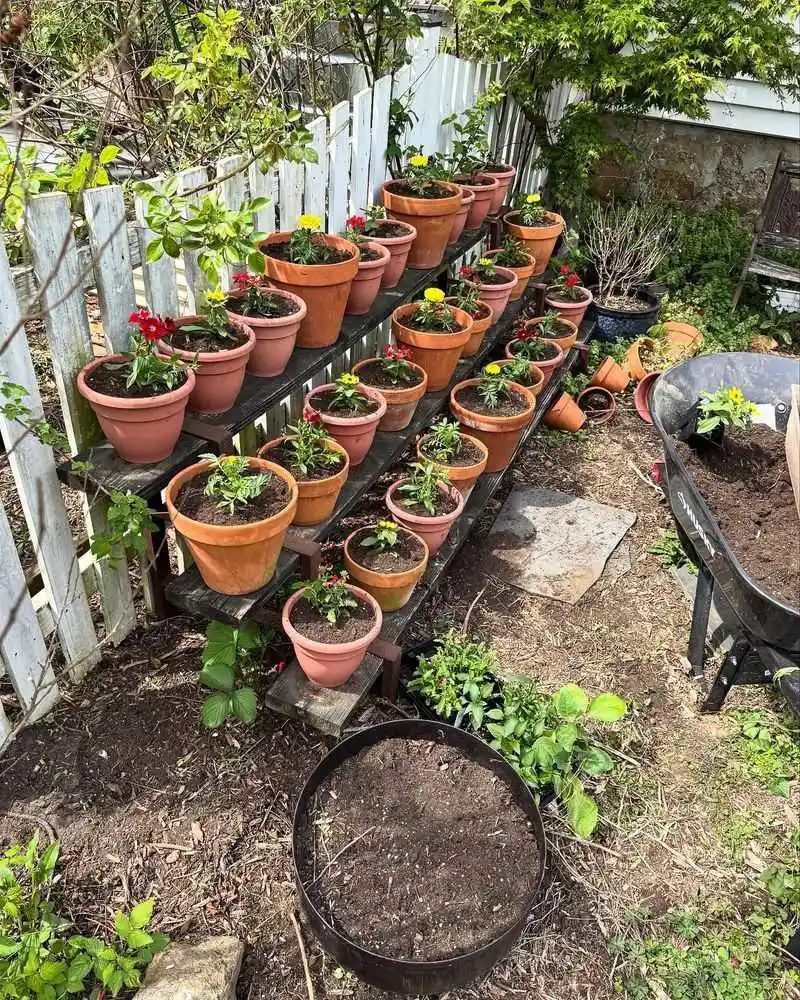
Aspirin isn’t just for headaches; it can be a garden ally too. Dissolve tablets in water and use as a foliar spray to boost plant immunity, helping them resist diseases. The salicylic acid in aspirin triggers plant defenses, similar to how it relieves human pain. It’s particularly effective for tomatoes and roses, encouraging robust growth and resilience. With careful application, aspirin can be a unique, science-backed addition to your gardening routine. Next time you reach for aspirin, consider sharing its health benefits with your plants as well.
Cinnamon
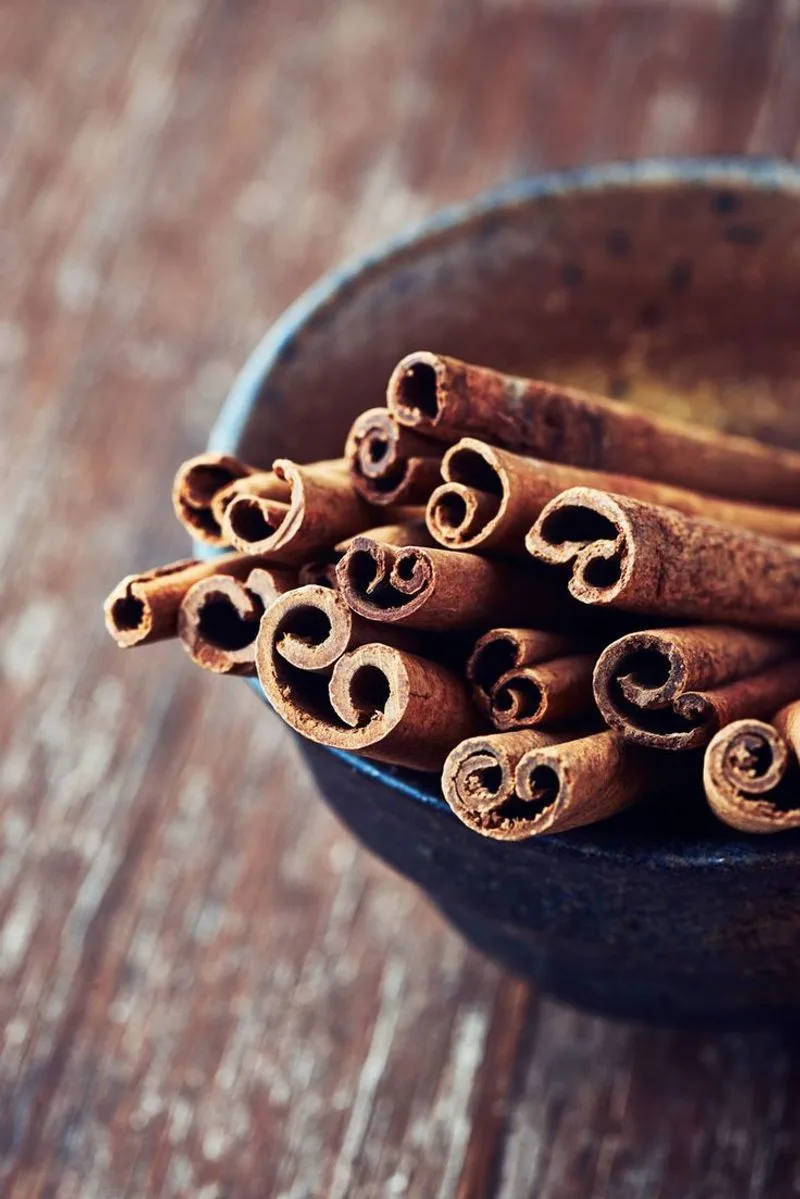
Sprinkle a little magic from your spice rack. Cinnamon is a powerful antifungal, perfect for preventing diseases in seedlings. Dust it on soil surfaces to halt damping-off disease, a common threat to young plants. It also deters ants and other pests with its strong scent. Beyond pest control, cinnamon’s natural compounds can promote root growth in cuttings. By incorporating this aromatic spice into your gardening practices, you can protect and nurture your plants from the start. It’s a flavorful way to foster a healthy growing environment.
Hydrogen Peroxide
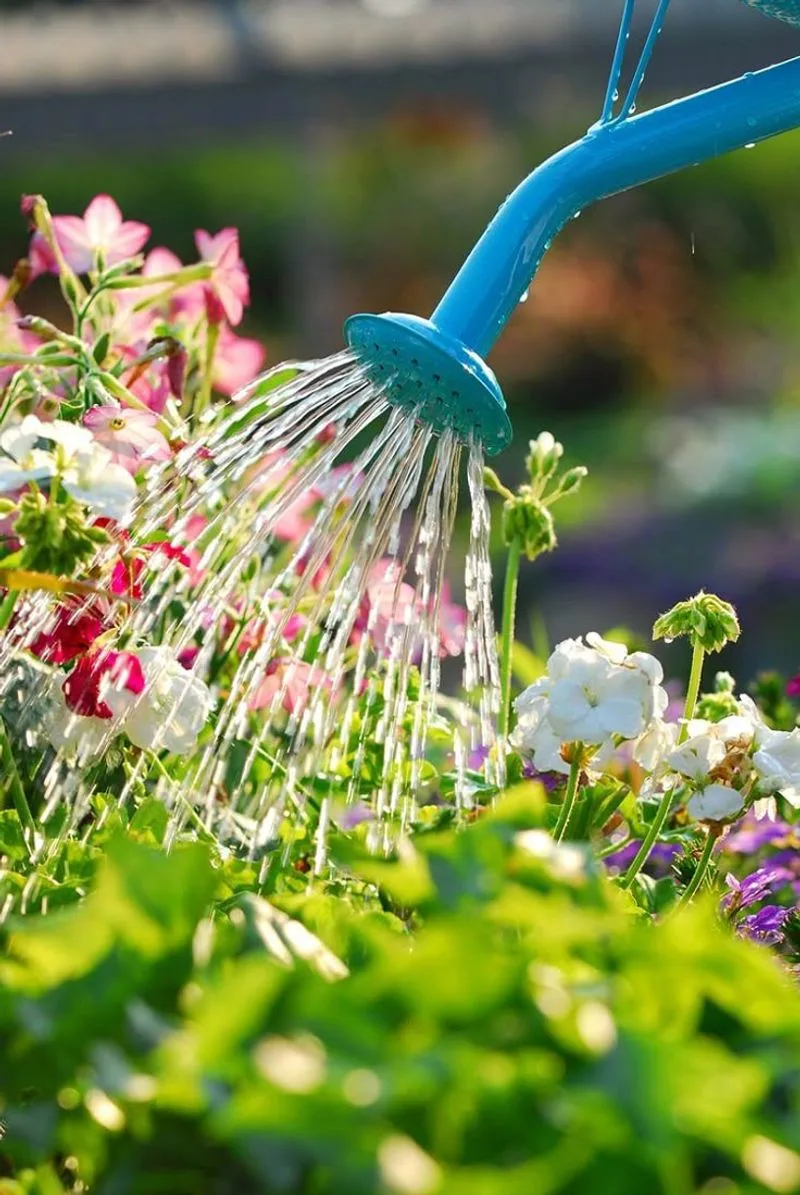
Surprisingly, hydrogen peroxide is a gardener’s secret weapon for healthier plants. Its oxygen-rich formula helps aerate soil, promoting root growth and fighting root rot. Dilute with water and apply to soil or use as a foliar spray. This antiseptic liquid also disinfects tools and containers, reducing disease spread. When battling pesky fungus gnats, soak the soil to eliminate larvae. Hydrogen peroxide’s versatility makes it a must-have for plant enthusiasts seeking natural solutions. Its bubbling action brings vitality to your garden in unexpected ways, enhancing growth and resilience.
Tea Bags
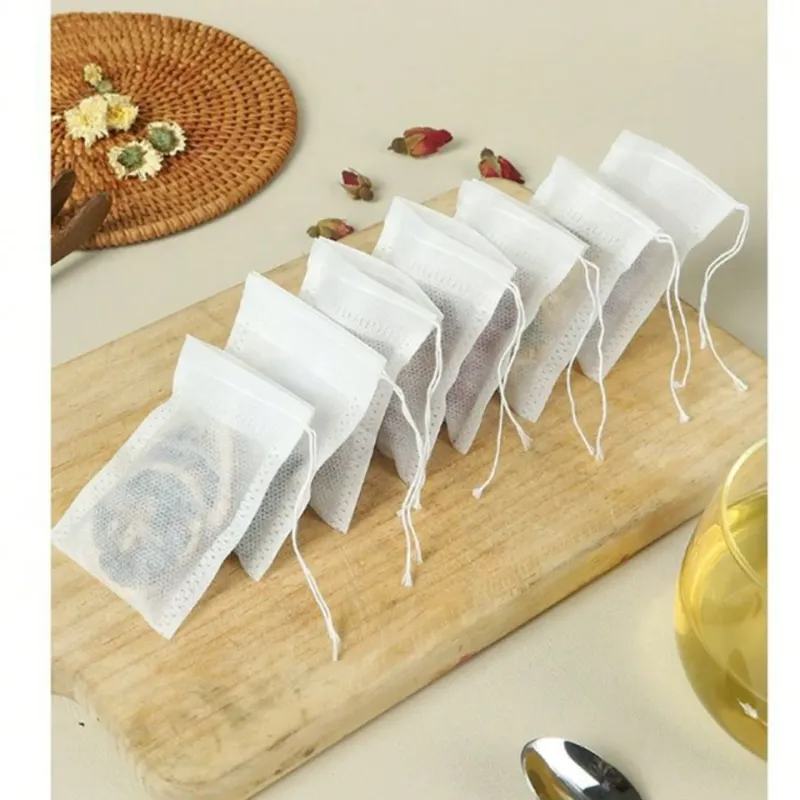
Don’t toss those used tea bags just yet; they can be garden heroes! Rich in tannins and nutrients, they improve soil structure and pH. Bury them around plants or add to compost for a nutrient boost. Tea bags help retain moisture, reducing watering frequency. Their biodegradable nature means they decompose over time, releasing essential compounds into the soil. As a bonus, used tea bags can deter pests with their lingering scent. Embrace this sustainable approach to garden care, and let your plants savor the benefits of a good brew.
Beer
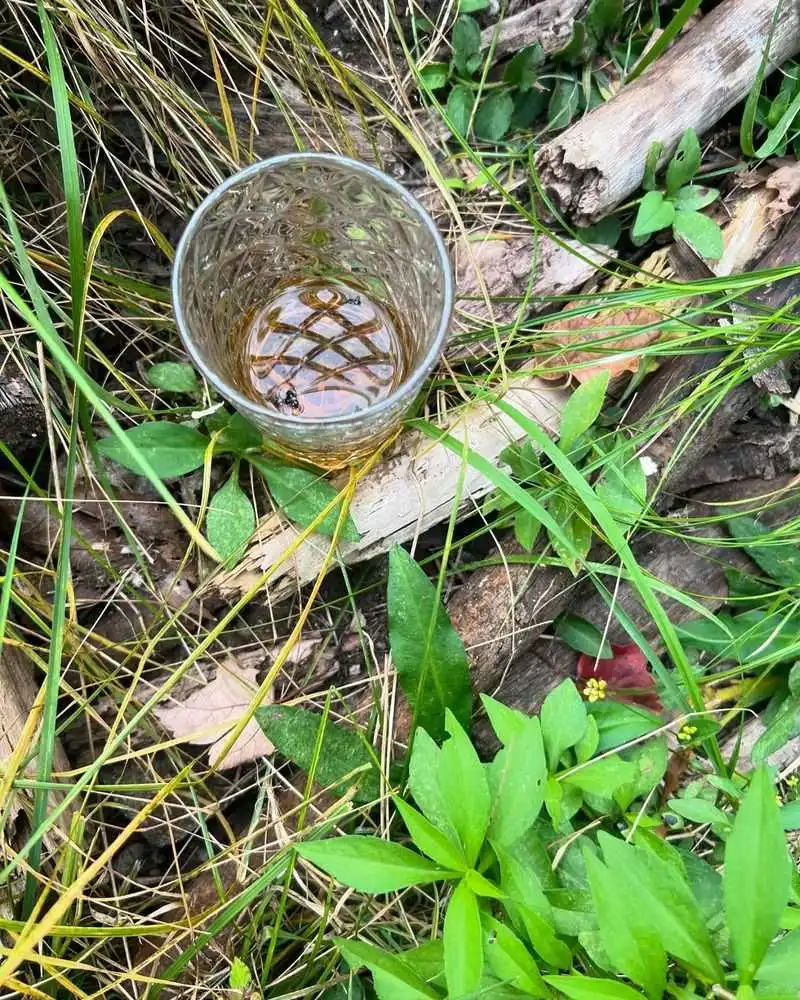
Leftover beer isn’t just for the drain; it’s a garden ally against pests. Slugs and snails are irresistibly drawn to beer, making it an effective trap. Simply bury a shallow dish and fill it with beer, leaving the rim at soil level. As they crawl in, they’re trapped, safeguarding your plants from damage. Besides pest control, beer contains yeast and nutrients that can enrich the soil. While you enjoy a cold one, consider sharing a bit with your garden for unexpected benefits. Cheers to creative gardening!
Charcoal
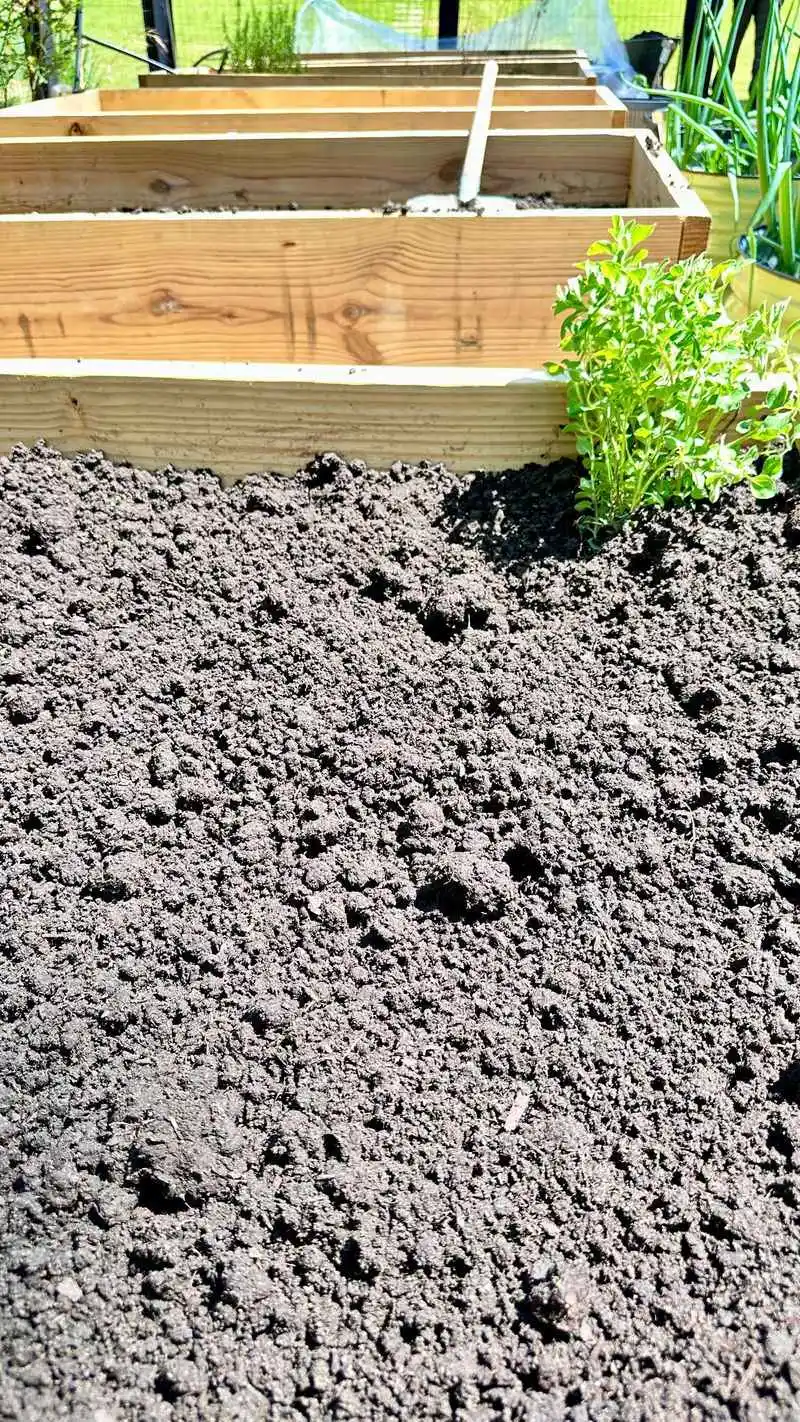
Beyond the barbecue, charcoal has hidden talents in the garden. As biochar, it improves soil structure, water retention, and nutrient availability. Crush it and mix into potting soil or garden beds. Charcoal acts as a natural filter, reducing harmful substances and odors. It can also deter pests and prevent fungal diseases with its alkaline properties. By repurposing charcoal, you’re contributing to a more sustainable garden ecosystem. Consider this earthy addition to enhance soil health and plant vitality, proving that grilling isn’t its only claim to fame.

